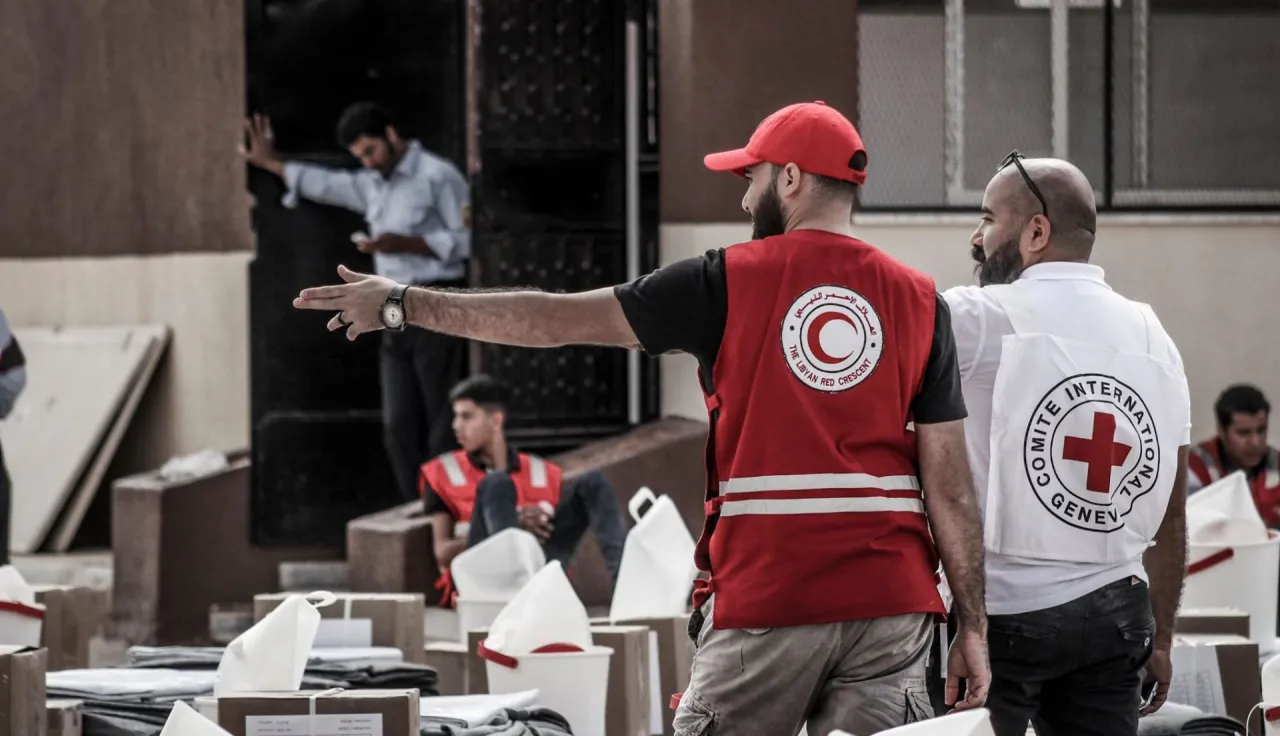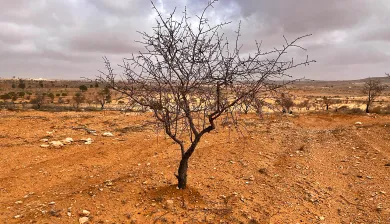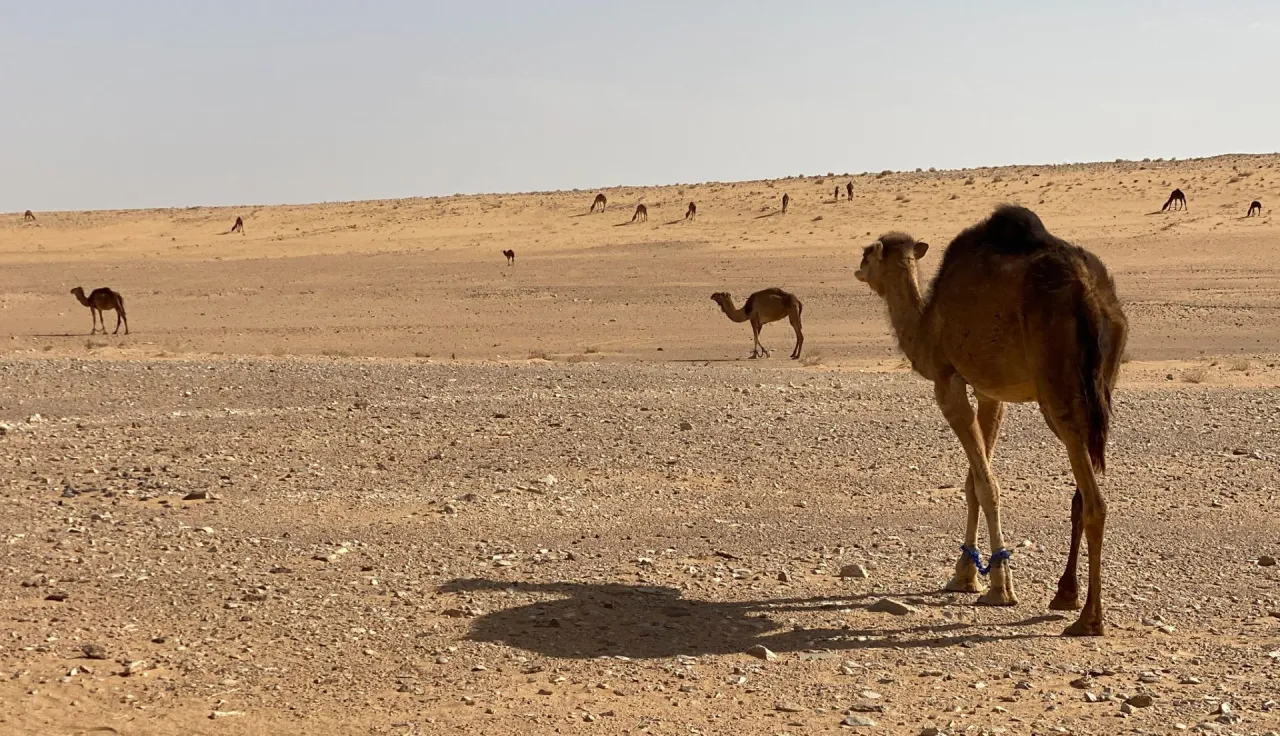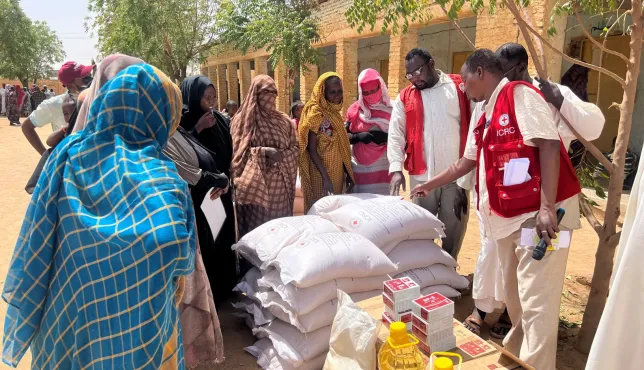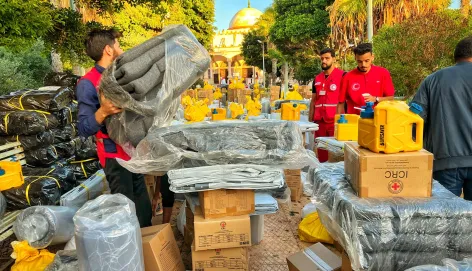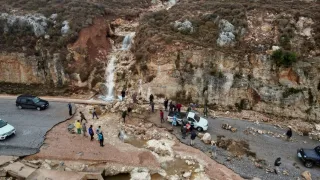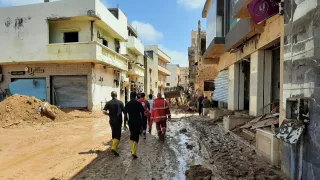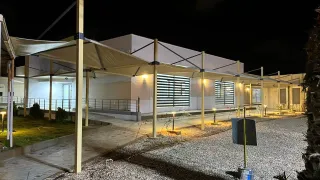Our work in Libya
While the humanitarian situation in Libya has improved, nevertheless, instability still looms over the country along with economic difficulties that weigh heavily on the local communities affected by the consequences of years of conflict, natural disasters and climate change. Challenges in terms of access to basic services such as water and sanitation, electricity, healthcare and weapon contamination of the environment still exist.
The ICRC is focusing its humanitarian action on searching for missing persons, visiting places of detention and raising awareness and advocating for respect of international humanitarian law (IHL) among different sections of the Libyan society. This includes weapons bearers, security apparatus personnel, concerned authorities across the country, universities etc.. with the aim of ensuring a higher respect for the law of armed conflict.
Operationally, the ICRC supports four physical rehabilitation centers in Tripoli, Janzour, Misrata and Benghazi, where people with disability receive free-of-charge services, including artificial limbs and physiotherapy treatment. Additionally, the ICRC provides livelihood support to conflicted-affected individuals to help them become self-reliant, bolsters healthcare with diagnostic tools, medicine and capacity building in First Aid, supports water and sanitation infrastructure to ensure that communities affected by the consequences of conflict and natural disasters have access to these vital services.

